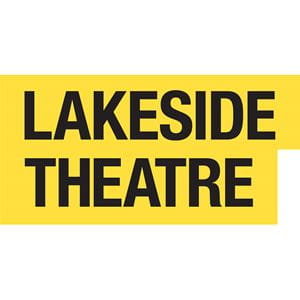
Uses of Multilingualism in Language Education: An Unfolding Story
-
Thu 22 Jun 17
17:30 - 22:00
-
Colchester Campus
-
Event speaker
Professor Constant Leung
-
Event type
Lectures, talks and seminars
-
Event organiser
Lakeside Theatre
-
Contact details
Jane McDonnell ladeli@essex.ac.uk
01206876812
Our understanding of bi-/multi-lingualism has been changing.
This is particularly true in terms of the ways in which we view multilingual learners and multilingual language use within the language classroom. There has been a clear shift in our understanding towards the benefits of multilingualism in terms of cognitive advantages and inter-cultural communication.
Multi-linguism
Whilst there is broad agreement on the positive benefits of multilingualism, we are still in the process of working out how best to harness and make use of students’ and teachers’ multilingual repertoires with respect to classroom practice and pedagogy.
A concept that has become increasingly more central to this debate is ‘translanguaging’. In this talk I chart the early origins of this idea and look at some of the different ways in which this notion has been used in the relevant research literature.
I also look at a number of associated terms such as Languaging, Codemeshing and Poly-Lingual Languaging. From this overview I will try to identify the pedagogic affordances and uncertainties engendered by the notion of translanguaging and related ideas from a language teaching perspective.